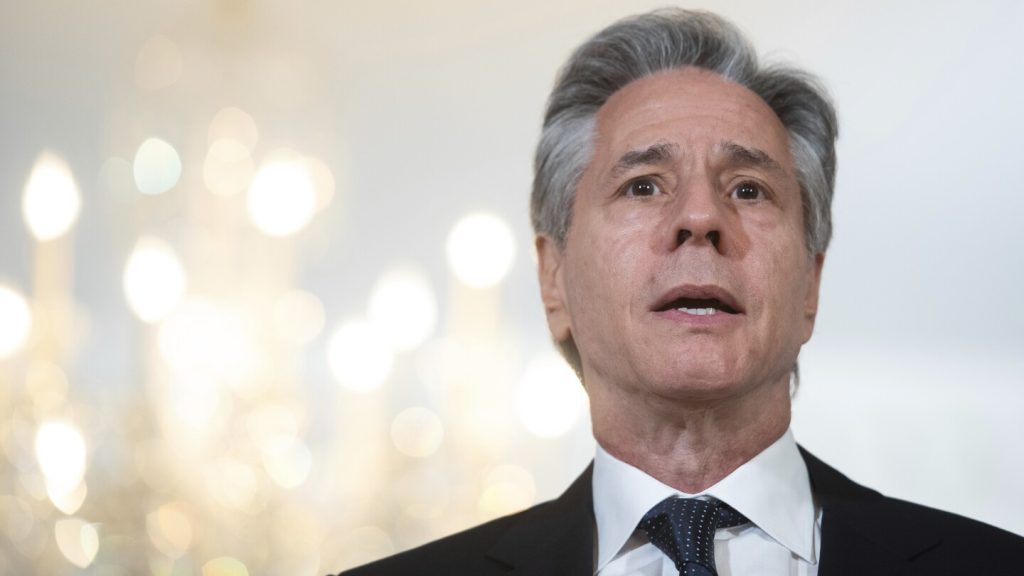U.S. Secretary of State Antony Blinken is embarking on a trip to several countries in Asia and the Indo-Pacific region to reinforce the Biden administration’s commitment to the region. The trip comes at a crucial time as the 2024 U.S. presidential election campaign gains momentum. Blinken’s first stop will be Vientiane, Laos, where he will attend the annual ASEAN Regional Forum, a security conference that brings together foreign ministers from ASEAN countries and regional powers like China, Russia, and India. The presence of key U.S. allies as well as rivals like China and Russia raises concerns about their combined global influence.
During his visit, Blinken is expected to meet with Chinese Foreign Minister Wang Yi but has no plans to see Russian Foreign Minister Sergey Lavrov, who is also attending the ASEAN conference. Despite ongoing policy differences with the U.S., China is emerging as a potential challenger to America’s diplomatic dominance on the international stage. Beijing has been involved in mediating conflicts in various regions, negotiating deals with countries like the Philippines, India, and Ukraine, and hosting diplomatic talks.
There are questions about President Biden’s priorities in his last six months in office and how they may shape the path for his successor. The potential impact of the 2024 election on U.S. foreign policy, particularly regarding security commitments to Asian allies, is a point of concern. While Vice President Kamala Harris may maintain Biden’s approach, Republican candidate Donald Trump could bring major changes to U.S. foreign policy in the region. The uncertainty surrounding the election outcome is causing foreign leaders to adopt a cautious approach.
Blinken’s trip aims to reassure partners in the Indo-Pacific region that the U.S. remains committed to its alliances and engagement in the region. The U.S. has a long history of involvement in the Indo-Pacific and plans to continue demonstrating its commitment in the coming months. Despite concerns about the upcoming election, U.S. officials are emphasizing the consistency and reliability of America’s engagement in the region. The U.S. has maintained strong defense cooperation with countries like Japan, South Korea, and the Philippines for decades, and efforts to strengthen these relationships will continue.
As part of his tour, Blinken will be joined by Defense Secretary Lloyd Austin in Tokyo and Manila to discuss defense cooperation in the face of increasing threats in the region. The U.S. aims to shore up its alliances and support its allies in the Indo-Pacific as part of its broader strategy in the region. Analysts believe that President Biden may prioritize engagement with Asia in his remaining time in office to solidify his legacy and further strengthen U.S. relationships in the region. The focus on maintaining U.S. interests in the Indo-Pacific remains a key aspect of American foreign policy.


